While women in Afghanistan struggle for the right to be educated and to work, women in Lebanon combat the religious sectarian system that controls many aspects of their lives. Women in the Gulf fight for the liberty to speak out when they are sexually harassed, and women in Israel fight for equal pay.
For more stories from The Media Line go to themedialine.org
March 8 is International Women’s Day, and March is Women’s History Month in the US, UK, and Australia. It is a good time to examine the status of women’s rights in various places.
Women’s rights are a global issue, a struggle that women all around the world share. However, women in the MENA region fare worse than in other parts of the world on a range of social, economic, legal, and political measures, according to “Women in the Middle East and North Africa: Issues for Congress,” a December 2021 report by Zoe Danon and Sarah R. Collins.
Nadya Khalife, a women’s rights consultant for the United Nations, told The Media Line the situation also varies inside the MENA region. “Every country has a specific context and conditions that either advance or roll back women’s rights,” she said.
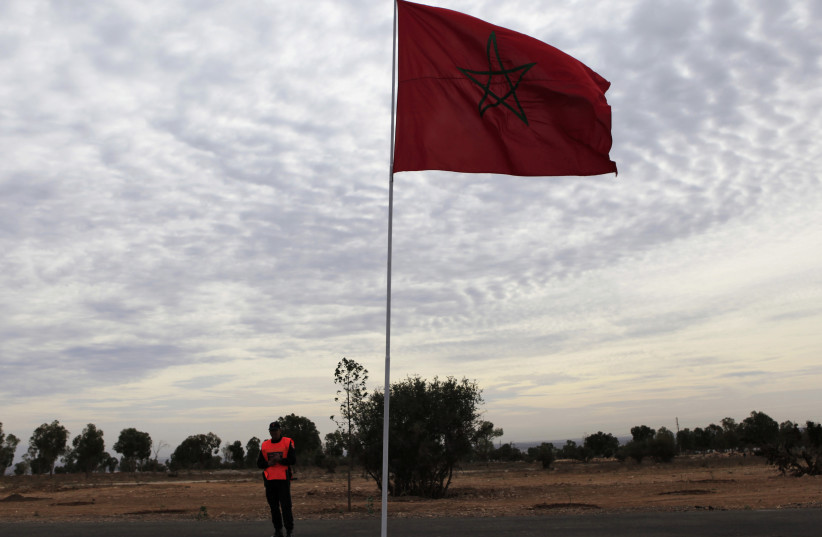
Morocco
Sara Kaidi, a Moroccan entrepreneur, told The Media Line that in her country, the biggest struggle women face is not knowing where to belong.
“The culture has a lot of toxicity and is infiltrated with sexist ideology,” she said.
However, she explained that the situation has improved slowly but surely since the introduction of a more progressive family law, the 2004 Moroccan Family Code (Moudawana).
“It secured important laws such as the right to self-guardianship, the right to divorce, and the right to child custody,” Kaidi said.
Regardless, she believes her country still has a long way to go.
“Morocco is as bad as every country in the MENA region," she said.
"If you are outside of the capital [Rabat -Casablanca] region, you’ll never feel a difference between us and other countries, except of course some countries that are working hard on these aspects such as Tunisia, and some that are still really far from doing so like Yemen and Egypt.”
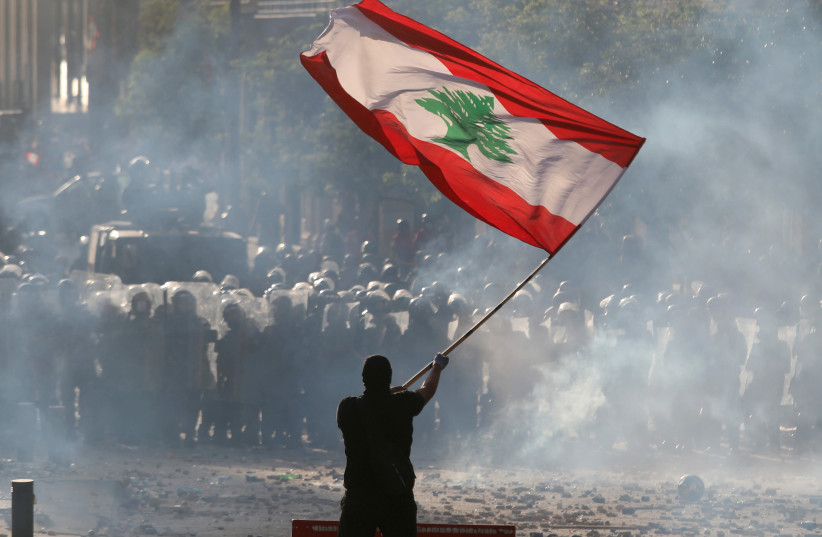
Lebanon
Andrea López-Tomàs, a political scientist and Middle East newspaper correspondent based in Lebanon, told The Media Line that since the 17 October Revolution protests of 2019, there has been increased feminist awareness among the population.
“The different groups of women – Lebanese, Palestinian, Syrian, or migrant domestic workers – have organized in their communities to combat the terrible economic situation to which the country has been doomed,” she said.
Certain rights have been gained when it comes to fighting sexual harassment, especially in the context of social media, but there remain many battles to be fought, she said.
The dire economic situation in Lebanon affects all aspects of women’s lives, López-Tomàs explained. For most of them, “The biggest challenge is to survive, to be able to bring a plate of food to the table or to get the necessary medicines for themselves or their families.”
Meanwhile, she pointed out that the Lebanese feminist movement continues to emphasize the need for a unified civil code that stops each of the 18 recognized religious sects from regulating aspects of women's private lives, such as marriage, divorce, and sexual freedom.
Lebanese women enjoy more rights than their counterparts in the Gulf or Iran, she said. “But that does not mean that their situation is good,” she continued.
“There are still many fewer women in parliament, Lebanese women who marry foreigners cannot pass on their nationality to their daughters, they still cannot abort, they still cannot maintain homosexual relations freely, and a long etcetera,” López-Tomàs said.
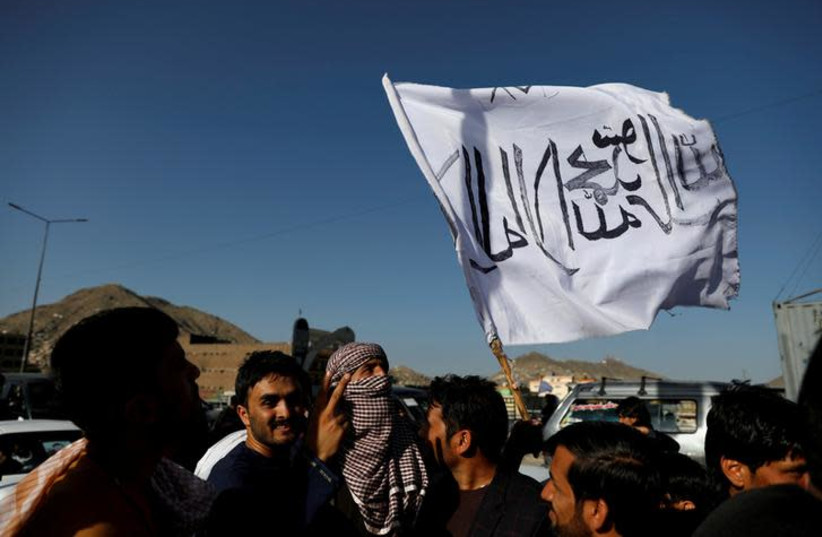
Afghanistan
Afghanistan has seen a dramatic step back in terms of rights.
Asra Stanikzai, a defense lawyer living in Kabul and a women’s rights activist, told The Media Line that during the two decades of American presence after the ousting of the Taliban, women enjoyed a huge improvement in their situation.
“In the last 20 years, Afghan girls could go to schools and universities, we had work opportunities, many Afghan women engaged in beneficial social and political activities, women played a part in various governmental offices, some women started their own businesses, and there were good changes in people’s minds and their ideas about women. Many families let their girls choose their life paths, men and women were equal before the law, and there were many activities to remove gender apartheid,” she explained.
However, since the Taliban recaptured control of the country last year, women have faced new challenges. They lost their right to be educated and to work, they cannot leave their homes without a male relative. They are obligated to wear the hijab and in some places the burqa, which covers their entire face.
But the situation is different than the last time that the Taliban controlled the country. “The new generation of Afghan women is educated and independent. They have experienced living in a democratic society. They struggled a lot to get their rights and they don’t want to lose their achievements,” Stanikzai said.
“Right now, we are trying to find a way to do something for Afghan women. This government and this situation are a new challenge for all Afghan women, and we need the cooperation of the world,” she continued.
She is not optimistic.
“Now there is not any organization to support women. All organizations have been closed. Women’s rights activists are suppressed by the Taliban. Afghan women now struggle to get their rights and they are alone in these challenges,” Stanikzai said.
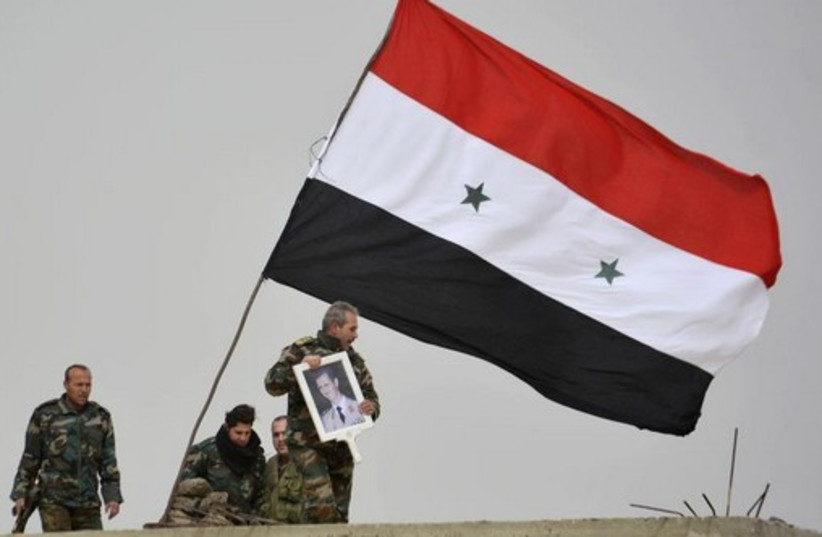
Syria
Reem Naj, an executive at the United Nations Office for the Coordination of Humanitarian Affairs, spoke to The Media Line about the situation in Syria, which has been in a state of civil war since March 2011.
“Women have faced increasing difficulty in obtaining their rights, and due to the conflict and its economic implications it is hard for them to find jobs or support their families, let alone protection by the law in a damaged country with very little law enforcement power,” she said.
Compared to other countries in the region, “women in Syria are oppressed and have no say in political life unless they come from a particular sect or political agenda,” Naj said.
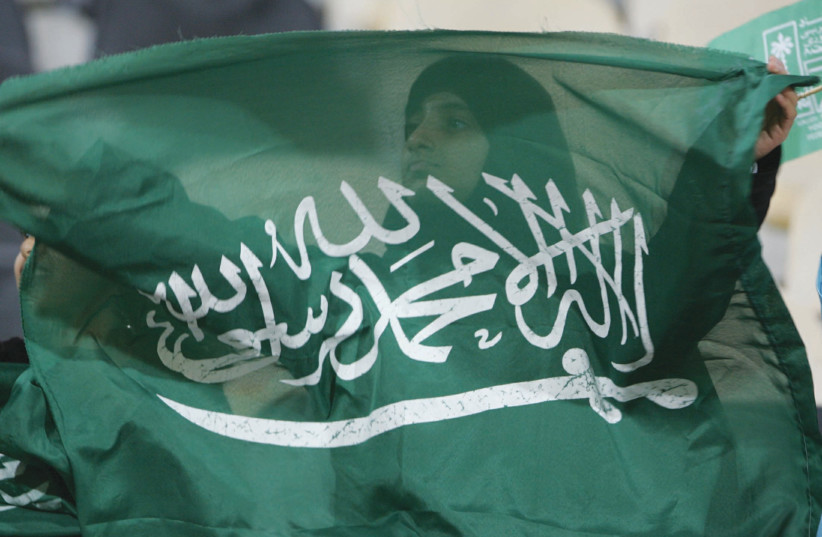
The Gulf
Jasmine Ahmed, who lives in the United Arab Emirates, told The Media Line women’s rights in the Gulf region have been somewhat of a facade.
“If you look at Saudi Arabia, you will see that for the past five years it has been attempting to become more liberal and progressive. Clubs are opening, women gained the right to drive, and so forth,” she said.
However, Ahmed pointed out that many activists and women are still going to jail and being silenced for fighting for rights.
In the UAE, she said, “Women do enjoy rights, but you find limitations coming from cultural ideas that have been embedded within the region from centuries ago. Just like in Saudi Arabia, in the UAE any activist can be thrown into jail.”
The biggest rights struggle women in the UAE and in the rest of the MENA region are dealing with is being able to report rape or sexual assault, Ahmed explained.
“I personally know many women who have been victims and felt that they could not speak up. Otherwise, they would get shunned by family members, abused by family members, or get into legal trouble,” she said.
Ahmed believes that as a country and society, the UAE promotes gender equality. However, when it comes to the implementation and daily living, this ideal of gender equality may slip away.
![An Israeli flag [Ilustrative] (credit: MARC ISRAEL SELLEM/THE JERUSALEM POST) An Israeli flag [Ilustrative] (credit: MARC ISRAEL SELLEM/THE JERUSALEM POST)](https://images.jpost.com/image/upload/f_auto,fl_lossy/t_JD_ArticleMainImageFaceDetect/438338)
Israel
In Israel, although the situation is not perfect, the outlook is much more optimistic.
Alisa Eshet Moses, a mentor and lecturer on projects of women’s empowerment in the country, told The Media Line, “The first thing you need to see is the number of women at the Knesset. There are many more women today as parliament members and as ministers.”
She noted there have been changes to how Hebrew is used when addressing an audience that is mostly, but not entirely, female. Traditionally the masculine gender is employed, but “today, we’re talking to the audience in the female [gender] or the affirmative language of the gender.”
And there is improvement in the military sphere. “Once many roles were defined as men’s [only]. Today there’s a high percentage of women in combat roles,” Eshet Moses said.
“The hardest fight in Israel is for equal opportunity and pay,” she continued.
“I think one of the issues that women still must deal with, is the subject of marriage and divorce by the rules of religion. Women are still dependent on the man agreeing to a divorce,” Eshet Moses said.
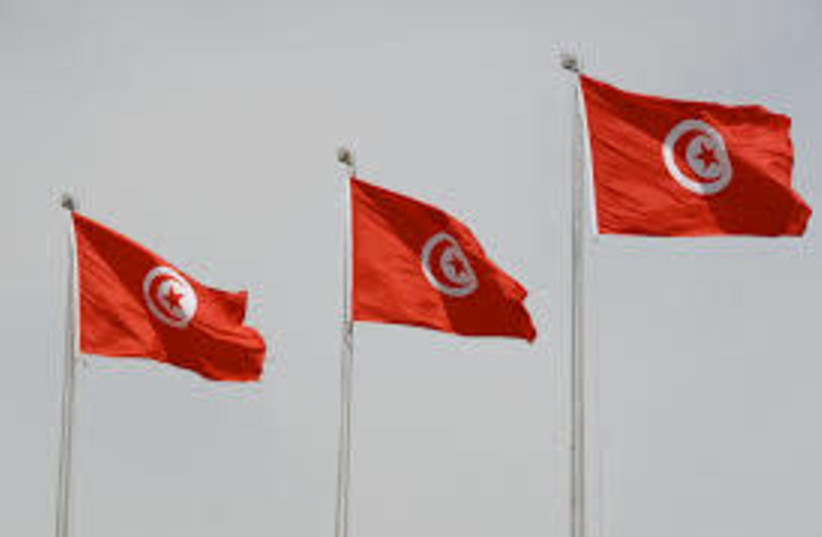
Tunisia
Rim Aljabi, regional gender adviser for MENA at the Search for Common Ground NGO, discussed the situation in Tunisia.
There is increased awareness of the issue in the country, she told The Media Line. “There has been more reporting of violations of women’s rights, which was previously underreported.”
At the same time, however, violence against women has “increased tremendously, especially due to the pandemic lockdown,” Aljabi said. Also, “there has been a push against women’s rights by fundamentalists who want to hold on to their interpretation of Islam, which includes limiting women’s rights.”
Aljabi said that in 2017, the Tunisian government passed a comprehensive law on violence against women. Among Arab and Muslim countries in the MENA region, only Tunisia and the Kurdistan autonomous region have such laws.
“The good thing about the law is that even Islamist parties were in favor of it, and therefore, the Tunisian parliament adopted it with unanimity,” Aljabi added.
Despite the apparent setbacks that women’s rights in Tunisia face due to the rise of “anti women’s rights groups,” women’s rights activists (both women and men) remain influential and have the space to lobby within the Tunisian government and society.
“Most women activists in the MENA region do not have such opportunities,” Aljabi said.
Women’s rights suffer in times of crisis and conflict
Khalife pointed out that every country has a specific context with some gains made, for instance, on the legislative front or in increased access to health services or better representation in public life.
On the other hand, “some countries have done little to advance gender equality, not moving swiftly on much-needed legislative reforms or strengthening women’s participation in political life or increasing women’s access to the labor market.”
However, she added, “I think one of the biggest developments in terms of women’s rights in the region is this greater acknowledgment of gender equality issues.”
She stressed how the situation is different in every country.
If a country is engaged in a conflict, women’s rights will be severely affected, bearing the brunt of war, Khalife explained. They may suddenly become heads of households and need to provide for their families or find themselves at greater risk of exploitative practices,” she continued.
This also happens in countries undergoing economic crises. “As companies struggle to stay open, women [employees] will be the first to go, their salaries are cut, and they will have limited [legal] protection,” she said.
“Women’s access to the labor market and labor protections may be more advanced in Gulf countries than anywhere else in the Middle East. Tunisia, Morocco, Jordan, and Lebanon, for instance, may have better laws for women or prioritize legislative reform. Other countries may be experiencing a conflict or another debilitating crisis that may stall or roll back women’s rights,” Khalife said.
Lastly, the pandemic has dealt a blow to this aspect of life, she said.
“I think the crises in a number of countries in the Middle East and North Africa and the COVID-19 pandemic have rolled back some hard-won gains in the region with regard to access to education and employment and increased the rate of gender-based violence and exploitative practices,” Khalife said.
